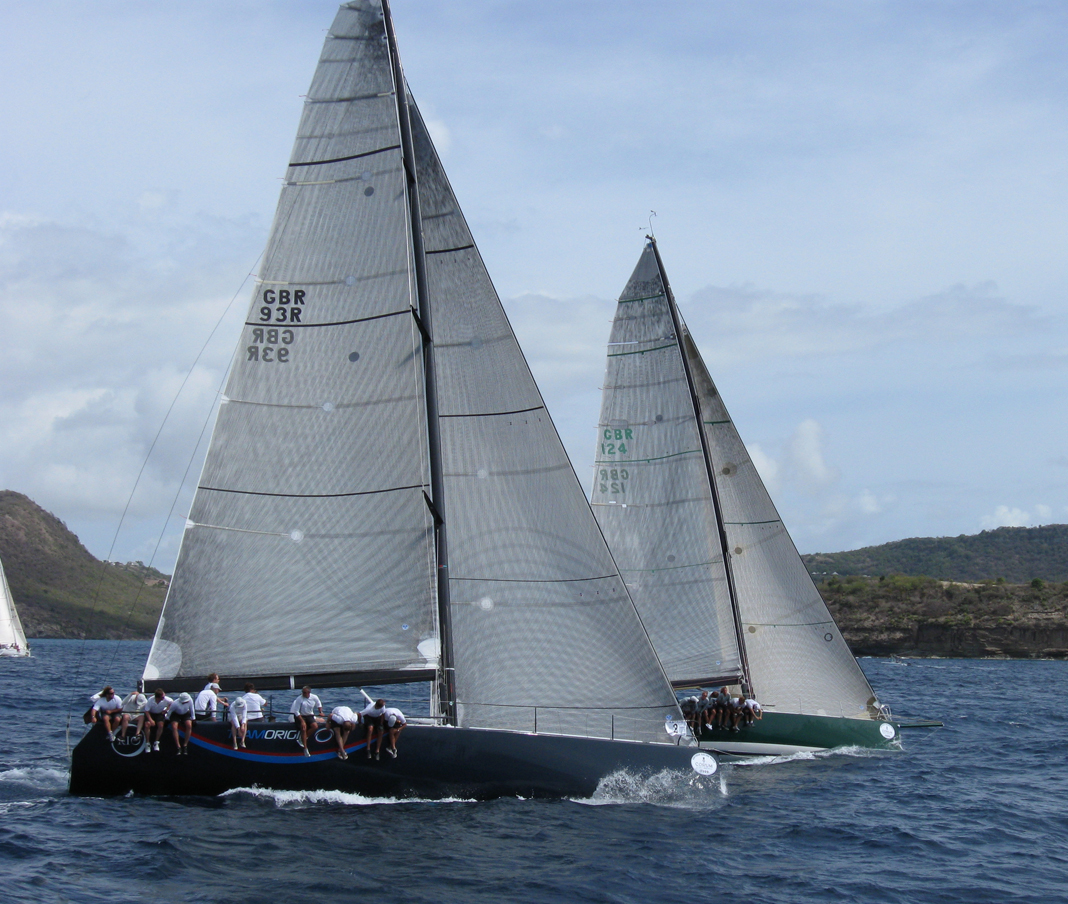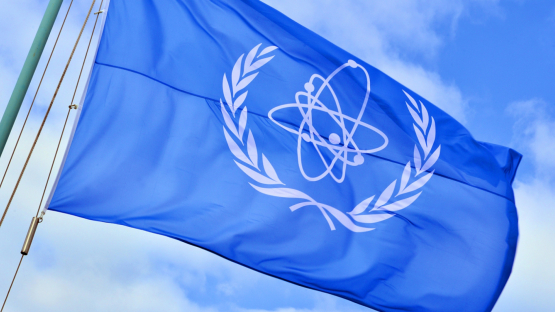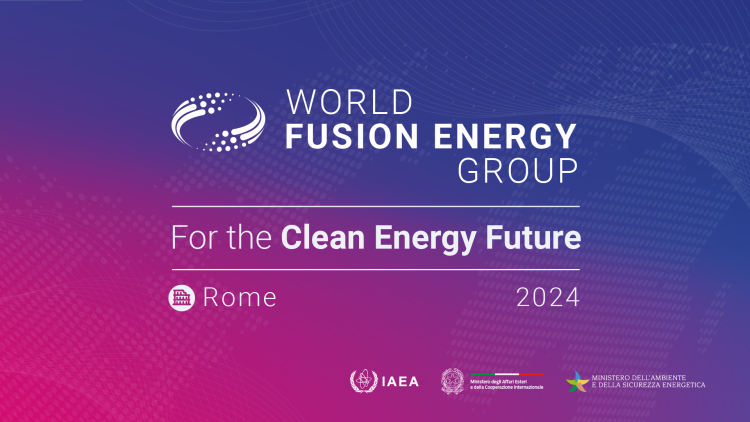Pb-210 used to track growing sedimentation in the Caribbean Sea

The IAEA is supporting countries surrounding the Caribbean Sea, facilitating their efforts to monitor and analyze the scale of sedimentation in the region. Photo: Tim Gregoire
According to the International Atomic Energy Agency, between 750,000 and 1 million metric tons of sediments are discharged into the Caribbean Sea each year. The release of sedimentation into the world’s oceans, increasingly from human activities, degrades marine environments and jeopardizes regional fishing industries.
The IAEA is supporting Latin American and Caribbean countries in monitoring and analyzing the scope and scale of sedimentation in the region by providing training on the use of the lead radioisotope Pb-210 in the sampling, monitoring, and study of growing sedimentation in the Caribbean and its effects on marine life. That training has culminated in the publication of a study in the November 2020 issue of the Journal of Environmental Radioactivity, the agency announced on November 5.







.jpg)